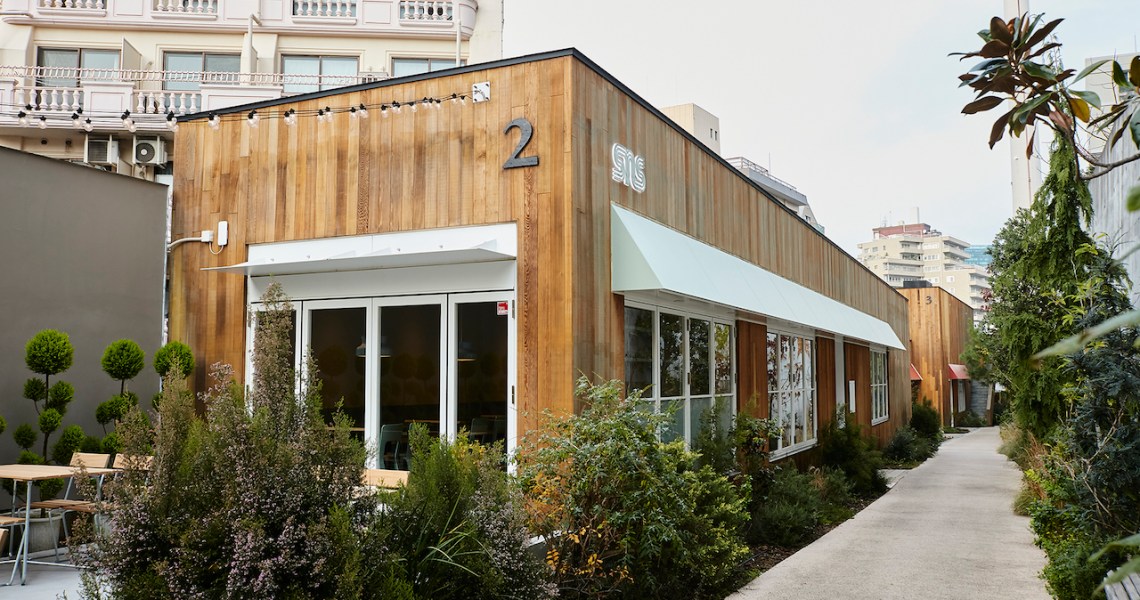Sneaker retailers are facing myriad issues. Their stores are closed, sales of sneakers are down, and the entire country is facing an economic downturn. In addition, according to Wil Whitney, a sneaker veteran who now manages brand relations in the U.S. for retailer Sneakersnstuff, the hype model is causing sneaker brands to delay their big releases until they can be more impactful.
“There have been some significant delays on the brand side,” Whitney said. “They want more of a complete brand story around some of their bigger product [releases], and it’s hard to do that when you can’t have it in store and it’s being overshadowed by this [crisis]. So a lot of the bigger releases have been delayed intentionally since they’ll be less impactful, and some of the smaller ones are delayed just because of delivery problems, which is where we’ve seen the most trouble within our company.”
A large number of Nike’s upcoming Air Jordan releases for April and May have been delayed, most of them by at least a month but some longer. Without a regular cadence of big releases, retailers like Sneakersnstuff are facing new difficulty in attracting consumers to their online stores. The falloff of releases is especially problematic, since sneaker sales are already suffering, with sneakers sales down 65% across the board due to coronavirus-related obstacles, according to numbers from NPD.
The hyped releases aren’t always the biggest money makers for brands, since they are produced in limited numbers and typically sold at standard retail prices of between $120 and $300. (The exorbitant $1,000 price tags are usually for sneakers sold on the secondary market.) But they do provide valuable marketing buzz for the brands that make them and bring in new customers for the retailers that sell them.
Sneaker brands are quite particular about when and where their shoes are sold. The entire model of the hype sneaker release depends on finding the right combination of scarcity, availability, pre-release anticipation and satisfaction for those that can get their hands on a limited product. According to Frank Bracken, svp and general manager of Foot Locker North America, that particularity isn’t going to change.
“Each brand has ideas about how they want their product spaced out, especially really hot releases,” Bracken said. And, in short, now is not the time.
For Sneakersnstuff, which brought in around $100 million in revenue in 2019, online sales make up about 80% of the business. Sneakersnstuff closed its seven stores about two weeks ago, but Whitney said the brand’s strong e-commerce presence has been helpful in dealing with the slowdown in sales.
“Doing most of our drops online was good preparation for this moment,” Whitney said. “Right before this happened, we were planning Air Max Day [an annual day celebrating the Nike Air Max line where new models are sold and retailers do Air Max promotions] and luckily we were able to pivot it from mostly online and some in-store to fully online, without much of a problem. We’re lucky since e-commerce is our main focus already.”
It’s clear that retailers that do a majority of business online are safer from the full impacts of coronavirus. What’s less clear is when brands will get their release schedules back on track.
“Some smaller brands are cancelling orders already, and there have been delays in receiving the product we are getting,” Whitney said. “Our brand partners are being very helpful and trying to get us what we need, just not the big releases.”




